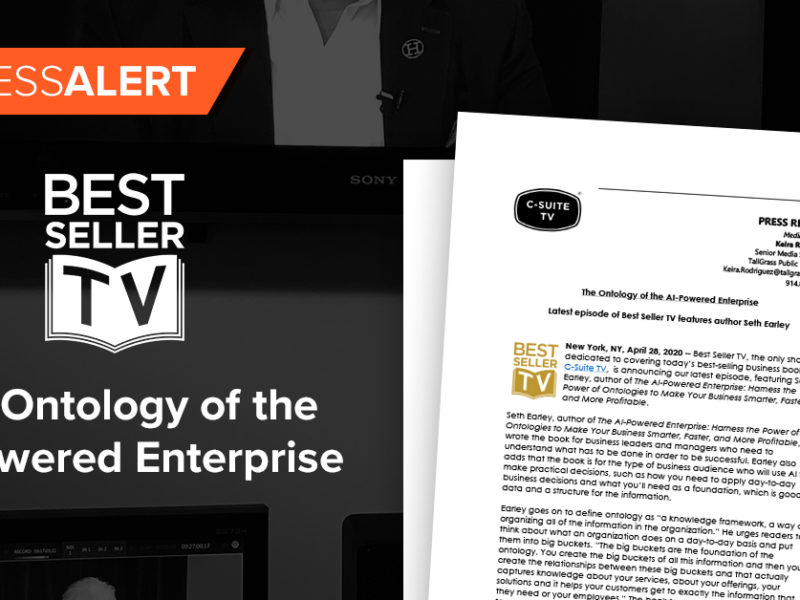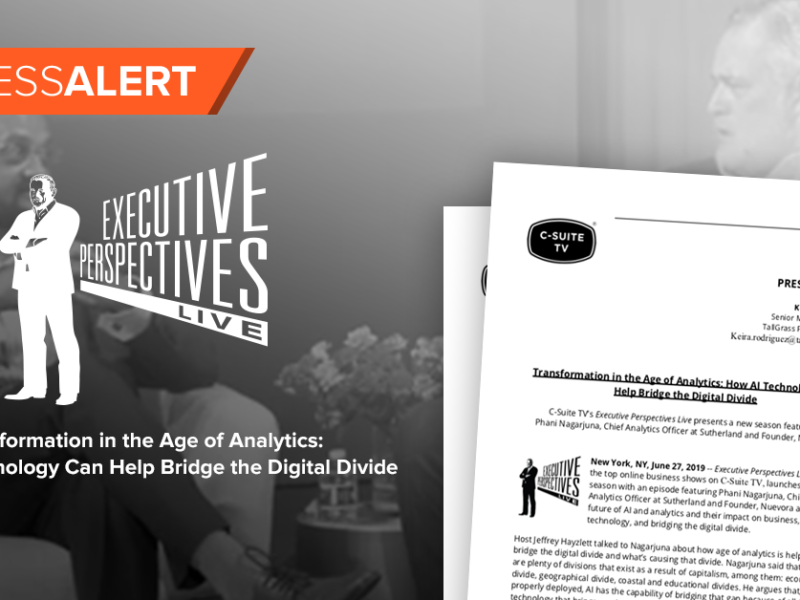
AI Will Disrupt Brand Building As We Know It Says Gartner’s Andrew Frank
AI Will Disrupt Brand Building As We Know It Says Gartner’s Andrew Frank https://csuiteold.c-suitenetwork.com/wp-content/uploads/2017/06/ai-will-disrupt-brand-building-as-we-know-it-says-gartners-andrew-frank.jpg 960 960 C-Suite Network https://csuiteold.c-suitenetwork.com/wp-content/uploads/2017/06/ai-will-disrupt-brand-building-as-we-know-it-says-gartners-andrew-frank.jpgTweet This

Photo courtesy of Gartner
Gartner’s Andrew Frank
Andrew Frank has been studying artificial intelligence (AI) since the 1980s before becoming a game developer and eventually a interactive marketing technology expert for large agencies. Now as VP Distinguished Analyst with Gartner for Marketing Leaders, he assesses the impact of AI on marketing. He is both optimistic about the impact AI will have, describing it as inevitable, and realistic about the disruption the capabilities will have on purchase decisions and brand building.
I recently discussed these topics with Frank. Here are the highlights of our conversation.
John Ellett: Where do you see AI or AI-like capabilities impacting marketers first?
Andrew Frank: The first place they’re impacting marketers is indirectly through the rise of conversational interfaces, which are enabled by AI. You could debate whether they are actual examples of AI but I think that things like Alexa and Google Assistant are first-order importance to marketers because people are using those to actually order products. Especially in the B2C space where we’re at the early part of the adoption curve. But I think that marketers have to take an interest in developing Alexa-like skills because this is at the ground zero of their interactions with their customers. And while it doesn’t necessarily take AI skills to create a skill for Alexa, that’s the first contact point that a lot of marketers are having with this new world of AI technology.
Ellett: I think of Alexa more like a natural language processing (NLP) keyboard. It doesn’t really change the function that the customer is looking for or how the function is processed or managed by Amazon, but the input is NLP versus keyboard. Is that oversimplified?
Frank: It may miss some of the nuance. It’s correct to think of Alexa as the next stage of evolution of search. And maybe it’s even useful to think of search engine marketing as being the first contact that marketers had with AI, because I think it’s fair to say that the Google algorithms for indexing websites probably have some relation to AI. So in some sense, it’s evolution, not revolution. But I do think that the nuances of how you interact when you’re having a voice conversation versus a keyboard-and-screen conversation are important. The fact that you don’t get a list of options when you talk to Alexa is particularly important. You may get a list if you switch modes and go to the screen, but if you’re just doing a pure voice interaction then I do think that the exposure of options is much more limited.
Ellett: What impact do you think that’s going to have on how marketers build brands when it’s a machine is giving you the recommendation?
Frank: I think it has a pretty deep impact. There are new opportunities for branding elements in things like how you construct the vocal interface, but I do think that it’s another layer of mediation that you have to try to market through. I think that this proxy web as I like to call it, this world where there’s more and more layers of machine intelligence between the product and the buyer. That inherently makes branding more difficult. You can actually see evidence that it’s taking its toll if you look at both patterns of ad avoidance and declining trust in media, the rise of low receptivity and decline in loyalty, and even decline in brand equity. You’re seeing a lot of evidence that the more we rely on our social interfaces through machines, the further away we are from investing directly in brands as opposed to investing it in the intermediaries that control our exposure to brands .
Tweet This






